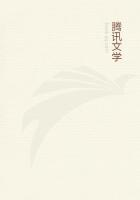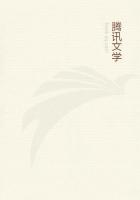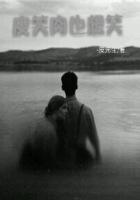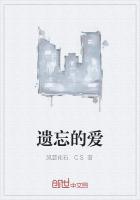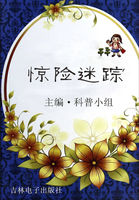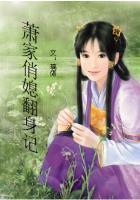The best that we can say to him is this: Let him choose a motive, whether of character or passion; carefully construct his plot so that every incident is an illustration of the motive, and every property employed shall bear to it a near relation of congruity or contrast; avoid a sub-plot, unless, as sometimes in Shakespeare, the sub-plot be a reversion or complement of the main intrigue;suffer not his style to flag below the level of the argument; pitch the key of conversation, not with any thought of how men talk in parlours, but with a single eye to the degree of passion he may be called on to express; and allow neither himself in the narrative nor any character in the course of the dialogue, to utter one sentence that is not part and parcel of the business of the story or the discussion of the problem involved. Let him not regret if this shortens his book; it will be better so; for to add irrelevant matter is not to lengthen but to bury. Let him not mind if he miss a thousand qualities, so that he keeps unflaggingly in pursuit of the one he has chosen. Let him not care particularly if he miss the tone of conversation, the pungent material detail of the day's manners, the reproduction of the atmosphere and the environment.
These elements are not essential: a novel may be excellent, and yet have none of them; a passion or a character is so much the better depicted as it rises clearer from material circumstance. In this age of the particular, let him remember the ages of the abstract, the great books of the past, the brave men that lived before Shakespeare and before Balzac. And as the root of the whole matter, let him bear in mind that his novel is not a transcript of life, to be judged by its exactitude; but a simplification of some side or point of life, to stand or fall by its significant simplicity. For although, in great men, working upon great motives, what we observe and admire is often their complexity, yet underneath appearances the truth remains unchanged: that simplification was their method, and that simplicity is their excellence.
Since the above was written another novelist has entered repeatedly the lists of theory: one well worthy of mention, Mr. W. D. Howells;and none ever couched a lance with narrower convictions. His own work and those of his pupils and masters singly occupy his mind; he is the bondslave, the zealot of his school; he dreams of an advance in art like what there is in science; he thinks of past things as radically dead; he thinks a form can be outlived: a strange immersion in his own history; a strange forgetfulness of the history of the race! Meanwhile, by a glance at his own works (could he see them with the eager eyes of his readers) much of this illusion would be dispelled. For while he holds all the poor little orthodoxies of the day - no poorer and no smaller than those of yesterday or to-morrow, poor and small, indeed, only so far as they are exclusive - the living quality of much that he has done is of a contrary, I had almost said of a heretical, complexion. Aman, as I read him, of an originally strong romantic bent - a certain glow of romance still resides in many of his books, and lends them their distinction. As by accident he runs out and revels in the exceptional; and it is then, as often as not, that his reader rejoices - justly, as I contend. For in all this excessive eagerness to be centrally human, is there not one central human thing that Mr. Howells is too often tempted to neglect: Imean himself? A poet, a finished artist, a man in love with the appearances of life, a cunning reader of the mind, he has other passions and aspirations than those he loves to draw. And why should he suppress himself and do such reverence to the Lemuel Barkers? The obvious is not of necessity the normal; fashion rules and deforms; the majority fall tamely into the contemporary shape, and thus attain, in the eyes of the true observer, only a higher power of insignificance; and the danger is lest, in seeking to draw the normal, a man should draw the null, and write the novel of society instead of the romance of man.

